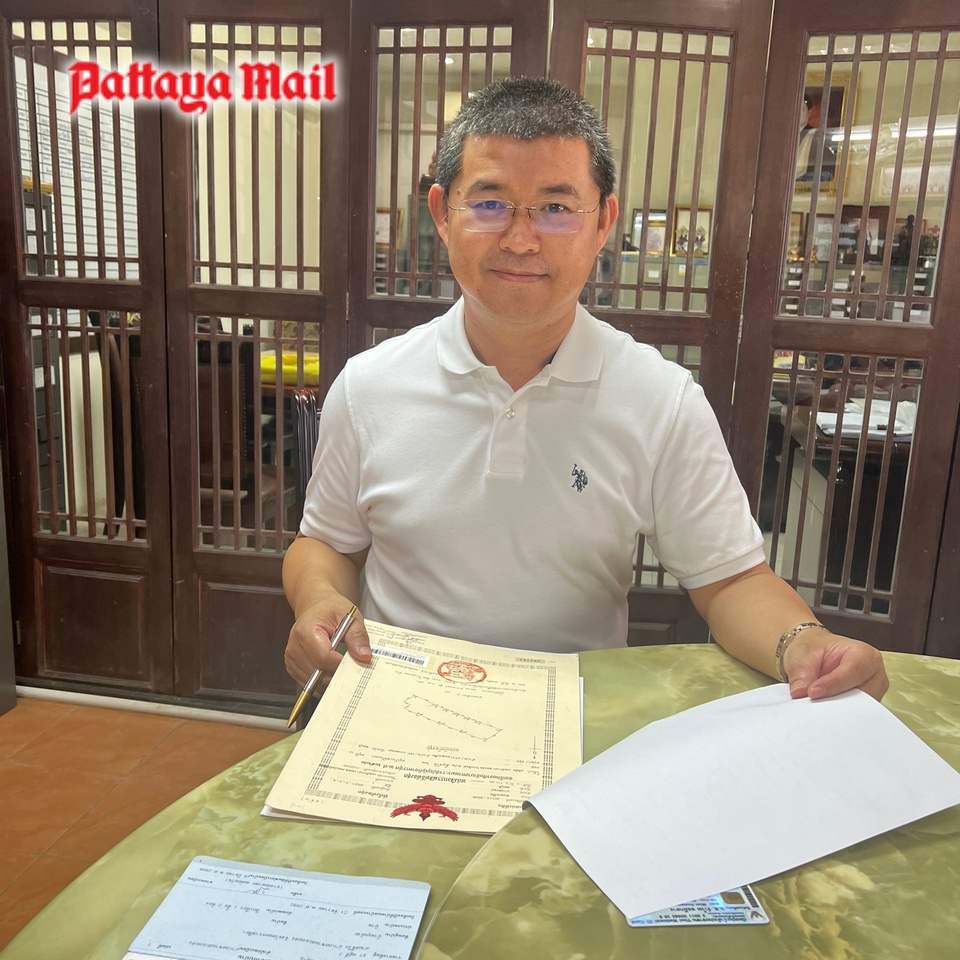

A recurrent discussion amongst expats is whether to bother applying for the yellow book (which lists the foreigner’s resident in a property) and the pink card (a Thai ID for aliens). The general answer is a yes as they can oftentimes relieve the burden of repeat journeys to the immigration office. They can be used for registering a SIM card, enrolling as a patient in a hospital, opening a bank account, entering fee-paying sites including national parks, reporting at police stations and transferring vehicle ownership.
Why do I say oftentimes? Because each bureaucracy has the power either to accept the yellow book and pink card or to insist on a specific letter from immigration as proof of address. For example, the vast majority of land transportation offices do require a letter from immigration as part of the process for driving licence application or renewal. Applicants for the 5-20 years Elite visa also will find they need the immigration proof of address. But it is still worth the effort if only because possession of the yellow book and pink card sets you apart from the general run of farang in Thailand.
The documents required to make an application vary somewhat from province to province. You will certainly need your original passport and preferably a non-immigrant or better visa: the process of application currently takes around six weeks. If you have a work permit and/or marriage certificate, they are needed, but no need to worry if they don’t apply to you. Also you will need the blue house book (and ID card) for the residence you live in plus the owner’s consent if you do not own the bricks and mortar. Whether you need to provide embassy confirmation of your passport and provide a birth certificate depends on the policy of your local jurisdiction.
Other requirements can include confirmation of address by immigration, plus photos and a crime-free certificate in some local authorities. You will also need two witnesses, one of which can be your Thai lawyer if you choose to hire one. Advantages there include familiarization with the process as the lawyer will accompany you to the interview at city hall or the district office. In the Pattaya area, the venue for applications depends on the location of your address: city hall for Pattaya and the district offices in Banglamung, Nongprue and Huay Yai.
As you already likely know, a foreigner’s name cannot appear in the blue housebook or “tibean bahn”. Possession of the yellow book does not prove you own the property as it is only a list of foreign residents living there. However, there is one exception to the exclusion of aliens from the blue book: a permanent resident can be listed there. Permanent residents are foreigners who have no date in their passport when they must renew or leave the kingdom. They also have a red police book with which they report to the police station and not to immigration. Permanent residency is a privilege usually given to foreigners who have worked successfully in Thailand and/or benefitted Thailand in some significant way by their presence and activities. It’s not “just another visa”. In fact it’s not a visa at all.






